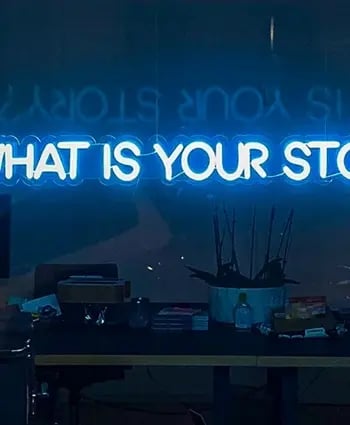Media Agency vs. Marketing Agency: Understanding the Key Differences
Differentiating Media vs. Marketing Agencies: Explore their roles, services, and ROI strategies to make informed decisions for brand growth.
In today's fast-paced digital landscape, businesses face the challenge of navigating an array of advertising options, communication channels, and marketing techniques. This often leads to partnering with either a media agency or a marketing agency. But what exactly sets these two apart? While there's some overlap, understanding the distinct roles and services of each is vital for companies looking to optimise their outreach strategies. Let's delve into the differences between media agencies and marketing agencies.
1. Core Focus and Responsibilities
Media Agency: Media agencies specialise in identifying the best media platforms for a brand's message or campaign. They're essentially strategists when it comes to purchasing and placing advertisements. Their main responsibilities include:
- Media Planning: Deciding where, when, and how often to display ads to reach the target audience most effectively.
- Media Buying: Purchasing ad spaces on platforms that could range from television and radio to digital ads on social media or search engines.
- Performance Analysis: Measuring the effectiveness of ad placements in terms of reach, conversion, and overall ROI.
Marketing Agency: Marketing agencies take a broader approach, encompassing not just the placement of advertisements but the overall brand strategy. Their purview includes:
- Market Research: Understanding consumer behaviours, competitors, and market trends.
- Brand Strategy: Crafting the brand's message, positioning, and unique selling points.
- Creative Production: Designing and producing the actual marketing materials, be it print ads, digital banners, or even video content.
2. Range of Services
Media Agency: While the core focus is on ad placements, many media agencies now offer a broader set of services, including content creation for specific ad channels, A/B testing for digital ads, and even real-time bidding in programmatic advertising.
Marketing Agency: These agencies provide a more holistic service package. Beyond the traditional advertising campaigns, they may offer content marketing, SEO, social media strategy, public relations, event management, and even web design and development.
3. Approach to ROI (Return on Investment)
Media Agency: For media agencies, ROI is often viewed through the lens of media efficiency. They're primarily concerned with metrics like cost per thousand impressions (CPM) or cost per click (CPC), ensuring clients get the most exposure for their budget.
Marketing Agency: With a broader mandate, marketing agencies tend to evaluate ROI in terms of overall brand growth and sales conversions. They look at long-term brand equity, customer engagement, and loyalty metrics, alongside short-term sales KPIs.
4. Collaborative Efforts
It's worth noting that in many scenarios, media and marketing agencies collaborate. A marketing agency might devise a brand campaign, while the media agency determines the best channels and times to deploy this campaign for maximum impact.
Conclusion
While both media agencies and marketing agencies play pivotal roles in brand growth, their areas of expertise and core responsibilities differ significantly. As a marketer, understanding these differences will enable you to select the right partner for your brand's specific needs, ensuring your message reaches its intended audience with the desired impact. Whether you're looking for a strategic ad placement or a comprehensive branding strategy, there's an agency out there equipped to elevate your brand to new heights.
Written by James Bryant Video strategist and co-founder for Venture Videos — a full-service video production agency that specialises in producing creative videos & campaigns that get real results.




